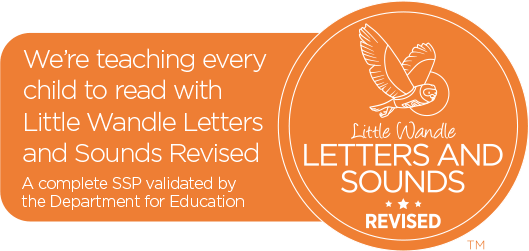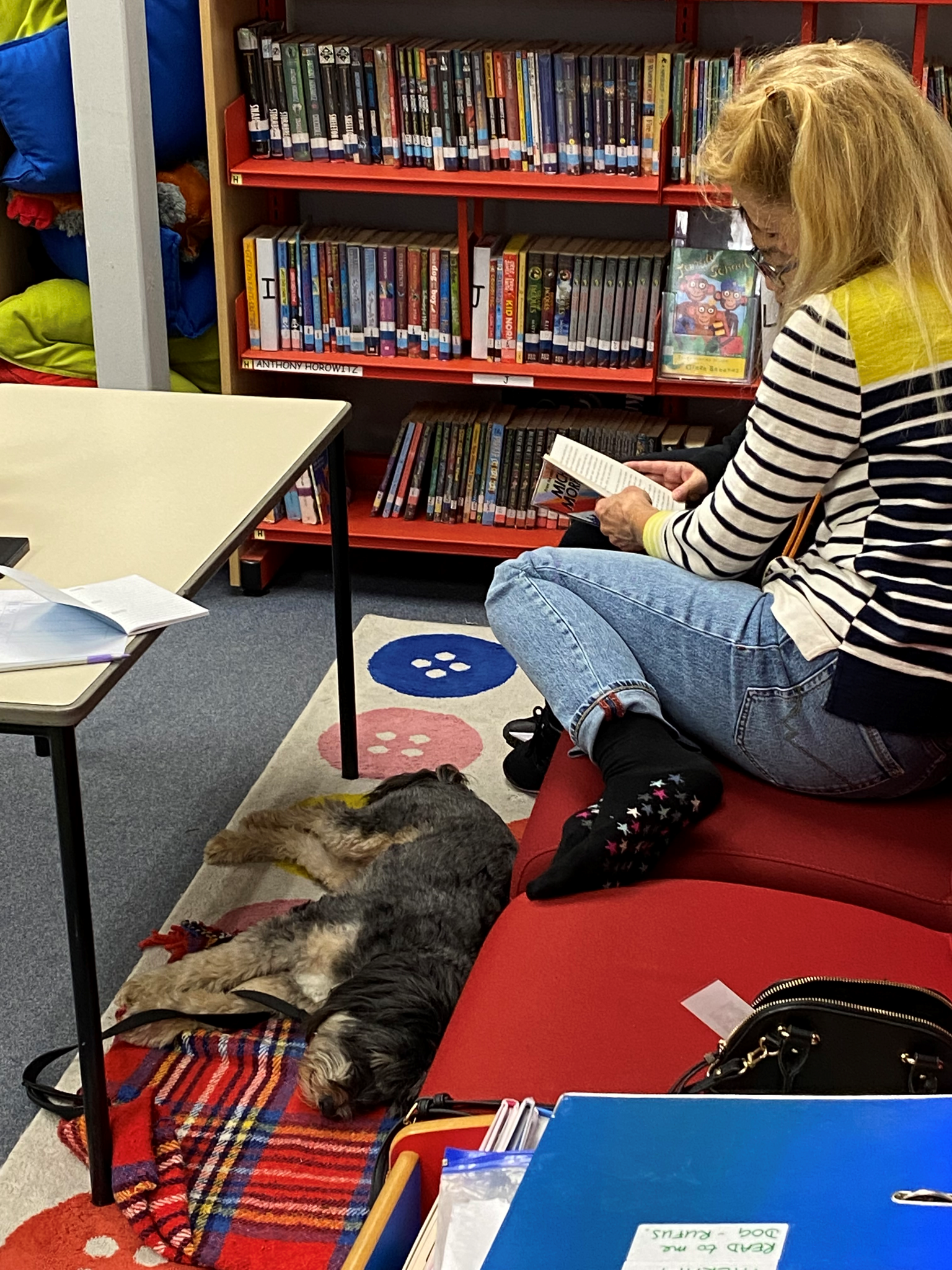How Do We Support and Challenge
Extra Support in Reading and Writing
If a child is identified as needing further support in their English acquisition, we utilise a few different approaches to intervention and this will be identified on an individual basis.
Spelling Support
- Opportunities to use the computers to complete Spelling Shed.
- Specific personalised spelling lists on Spelling Shed.
- Teaching Assistant support with spelling rules.
Reading Support
- Individual reading for fluency and comprehension with a skilled and trusted volunteer.
- Reading with the Volunteer reading helpers.
- Individual reading with year 6 children.
- Individual reading with a teaching assistant to support higher level comprehension skills.
- Small group reading with a teaching assistant to support higher level comprehension skills.
- Read to Me Therapy Dog to enhance confidence in reading.
- Specialist (dyslexic) reading skills
Writing
- Teacher or Teaching Assistant Support on a focus table in English lessons.
- Small group handwriting skills.
- Small group hand strengthening exercises following Occupational Therapy advice.
- Use of Chrome books in writing lessons.
- Spag group (Spelling Punctuation and Grammar) knowledge intervention
Speech and Language
- Speech and Language work with NHS speech and language therapist or assistant therapist.
- Speech and language group with teaching assistant to work on: support with following instructions, listening, working as a team or with partners, memory and phonological awareness.
Specific support
- Precision teaching to support children who need to focus on specific areas of learning.
- Emotional Literacy Support Assistant time (ELSA).
- Pre-teaching vocabulary for lessons to increase knowledge and confidence in lessons
- Use of a reading ruler or coloured overlay.
- Use of specific computer programmes to support learning and understanding of English.
Phonics

To support those children who are not yet fluent readers, Wallace Fields Junior School are using Little Wandle Letters and Sounds as our ‘Rapid Catch Up’ phonics programme.
We assess identified children using the Rapid Catch Up (RCU) assessment resources to accurately identify any gaps or summer regression that may have taken place. Children with English as an additional language – who are relatively new to their English diction, will also be assessed to consider any gaps in their fluency of the sounds needed to confidently speak and read in English. The assessment resources will identify any gaps and highlight any children requiring phonics intervention.
In Years 4, 5 and 6 we will continue to assess child/ren who are reading below age related expectations or those that have not made better than good progress against KS1 and/or baseline assessments using the Little Wandle Fluency Test. Any child that is continuing to decode words in sentences, will be retested using the Little Wandle phonics assessment materials to ascertain any gaps in their reading fluency.
The Little Wandle sessions will begin once children have been assessed to ensure that gaps in children’s phonological awareness are identified and addressed. Children will be grouped according to their need and so may be placed in mixed year groups for their sessions.
What happens when assessments are completed?
Once assessments have been completed, the child will undertake phonics sessions based on their need. The unit lengths are; 4 weeks for the phase 2 sounds, 4 weeks for the phase 3 sounds, 4 weeks for phase 4 sounds and 14 weeks for the phase 5 sounds.
Group teaching will follow a set, repetitive pattern to reduce cognitive load and become familiar to the children, therefore also reducing anxiety with reading. The programme is designed to be pacey to enable children to get back on track and be reading as soon as they possibly can be.
Phonics lessons will take place 5 times per week and will be roughly 15 minutes long. During the first two lessons, the children will be taught the focus sounds and tricky words that they need. The third lesson will be slightly longer; made up of a phonics section and the initial fluency read of the linked text. In the fourth lesson, the children will be asked to read the linked text with emphasis to develop prosody, thus supporting their fluency and comprehension. The final lesson will involve the children reading for comprehension where they will talk about the text and be asked comprehension questions to ensure that they understand what they are reading.
Children will be given access to the books via an ebook link, which they will have access to for the full week, however, we would require them to read the book fluently after the fifth lesson, discussing the text and their understanding of the text with a parent/guardian or carer.
Useful Phonics Tools for Parents
How do I pronounce the sounds?
This is the link to the Little Wandle Letters and Sounds page that has videos showing how the sounds (phonemes) are made - https://www.littlewandlelettersandsounds.org.uk/resources/for-parents
Rufus - Our Reading Dog
We are extremely fortunate to have Rufus and his lovely owner volunteer at our school. He is a specially trained therapy dog.
He attends interventions for children on a 1:1 basis who need their confidence boosting in reading. He works with children at all levels of ability. We often notice a big improvement in the selected children's wellbeing, which is fundamental to optimum learning.

Additional challenges provided
Some children are incredibly able in English therefore we ensure we provide extra challenges to deepen and broaden their skills and understanding. Challenges are given within all writing lessons and across foundation subjects and themed weeks. Children will also be given challenges through homework, whole school competitions and specific "Star of the Week" celebrations. "Head Teacher Awards" are also given to children who have gone above and beyond in their writing across all subject areas.